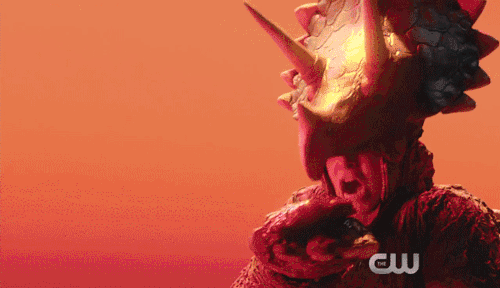Prince Vasili has kept a promise made to Princess Drubetskaya - who is also referred to as Anna Mikhaylovna within the same paragraph - and gotten her son, Boris a job. Yay! He doesn't get to be on Kutuzov's staff though, despite his mother pushing for it.
Darling Bory was raised in Moscow with/by rich relations, the Rostovs, two of whom are named Nataly. Because the characters in this book needed to be even more confusing. It is St Natalie's day, which, google tells me, is at the end of July. Countess Nataly Rostov is forty-five and has had twelve children. Bloody hell; even the narration thinks she looks tired. Apparently, lots of people are visiting and the Count is being very fancy and greeting them all in French. He is clean-shaven; that means he's modern, at least as far as Peter the Great was concerned, though Pyotr Alekseyvich Romanov was over a hundred years dead by the time this book was published, so what does he know? I can't locate a source right now, but I do remember reading that the cold was a reason some men pushed back against the beard tax; perhaps Count Rostov is rich enough to stay warm in Moscow without a face blanket. The beard tax was repealed in 1772, so it's not that he was just too cheap to pay it (being rich and cheap is not a contradiction; that's how people stay rich).
The count is manspreading like a man who enjoys life while talking about the weather "sometimes in Russian and sometimes in very bad but self-confident French". I quite like the Count, he sounds silly. The Count's butler is Dmitri Vsilevich. I just looked him up, and he is also known as 'Miten'ka' - bets on when that name will show up?
The countess is sick of talking to people, but agrees to speak to Marya Lvovna Karagina and her daughter. I don't think they've shown up before. They're gossiping about Pierre, mostly about the fact that he was raised by wolves and his father is ill. They think Pierre's bear-dancing and other shenanigans - which they blame on his "modern education" - will make Count Bezukhov (Pierre's father) worse. Personally, I have a feeling that the stuff he gets up to with Anatole and Dolokhov has been going on since we found out how to make alcohol. Marya Lvovna Karagina is shocked that there was a bear, so it's not just me.

Apparently, they decided to take the bear to visit some actresses. When a policeman tries to halt their shenanigans, they tie him to the bear's back and let it have a swim in the canal, copper attached. This is quite good gossip, I'm glad the countess let Marya Lvovna Karagina and her daughter in. Dolokhov and Anatole are "regular brigands"; Dolokhov has been demoted, Pierre has been sent back to Moscow, and Anatole has been ordered out of St Petersburg ('you don't have to go home, but you can't stay here!'). The ladies try to be shocked, but get the giggles when the Count starts laughing.
They then move on to gossiping about Pierre's money. His father has scores of bastards, so no money, but Pierre is his favourite, so maybe money. If Pierre doesn't get it, Prince Vasili will, because his wife is - let me look this up - Aline Kuragin nee Bezhukova, Count Kirril/Cyril's sister, and Pierre's aunt. I accidentally spoiled a future plot element for myself finding that out, but I won't tell you about it. Apparently, Cyril/Kirril is also Anna Mikhaylovna's mother's second cousin, and the godfather to darling Bory. Perhaps he's in for a share of those forty thousand serfs and millions of rubles. Prince Vasili is visiting Count Cyril, presumably to check the will has been written correctly. Count Ilya Rostov is still giggling to himself about the bear and the policeman.
Chapter XI
Countess Rostov is bored of her visitors now. Before they can leave, the youngest Rostov, thirteen-year-old Nataly/Natasha, runs in, followed by darling Bory, and some other relatives.
Now if the youngest is thirteen and Countess Rostov is forty-five, Natasha was born when she was around thirty-two. Twelve children then implies multiple births or that she started around the age of twenty, or possibly younger, if she had a little break. At least she got the nappy stage over with all at once.
Darling Bory is contrasted with "the count's eldest son", Nicholas. Which bloody count, Tolstoy? I'm going to assume Rostov. Yep, I checked, this is Nikolai Rostov. He and darling Bory are the same age, and while darling Bory is tall and fair, Nikolai is short and dark. Darling Bory mocks Natasha until she runs away and then has to go and fetch her when they all agree to go out. This party is less fun than the one with the bear.












